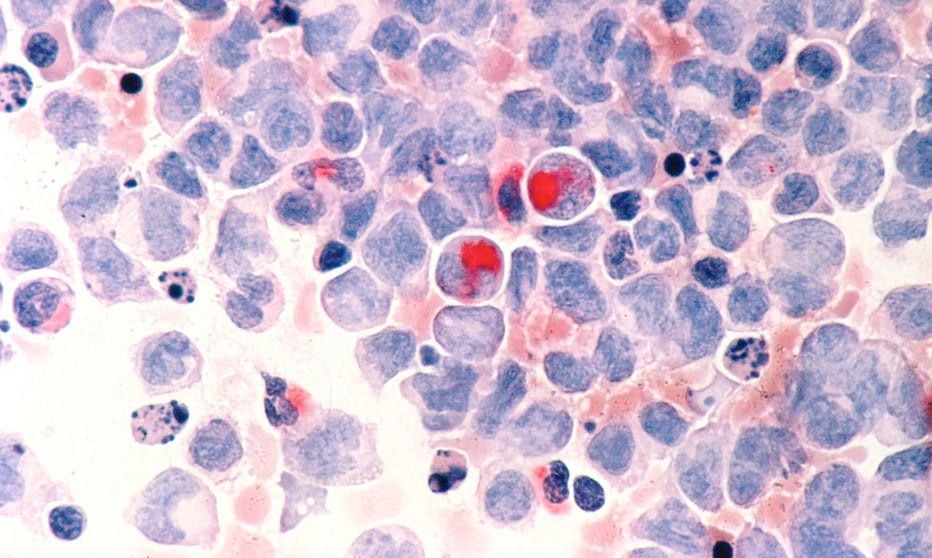In my father’s generation, people had stomach ulcers. Many believe that this is caused by the stress of modern life. It all began to change in 1982 when two Australian scientists, Barry Marshall and Robin Warren, discovered in the stomachs of ulcer patients a new bacterium called Helicobacter pylori. This discovery allowed people with gastritis and ulcers to simply be treated with antibiotics capable of killing these bacteria. For proving that these diseases are caused by bacteria, and therefore are nothing more than infectious diseases, the two scientists were awarded the Nobel Prize in 2005.
If you’ve read this article yet, you may be wondering what this story has to do with prostate cancer. What is new is that a group of scientists decided to examine the bacteria in the prostate of healthy people and those with prostate cancer, a study similar to the one that led to the discovery of ulcer-causing bacteria. The results were encouraging.
Prostate cancer is most common in men, if we exclude skin cancer. In most cases, this tumor develops slowly. The problem is that only a fraction of these tumors are aggressive and can kill quickly. Because ways to tell whether a tumor is slow or fast are still poor, most doctors and patients prefer to remove the prostate as soon as the tumor is found.
In this new study, scientists extracted prostate and urine samples from hundreds of healthy people and patients with prostate tumors. By sequencing DNA from these samples and looking for typical bacterial sequences, the scientists discovered four new types of bacteria found in the prostate. Presence is associated with tumors, and most importantly, with more aggressive tumors.
This discovery sparked the beginning of studies to find out whether these bacteria are the cause of tumors or their spread throughout the body. In addition, it will be possible to verify whether antibiotic treatments can prevent, treat or avoid metastases. This finding is preliminary, and the impact of this discovery on oncology is still unknown: this field of oncology can either be radically modified (as was done in the case of the intestinal microflora), or it may be irrelevant. It is too early to tell.
* Biologist, Ph.D. in cellular and molecular biology at Cornell University and author of the arrival of the novel coronavirus in Brazil; lotus leaf, mosquito slice; And the long march of chicken crickets
